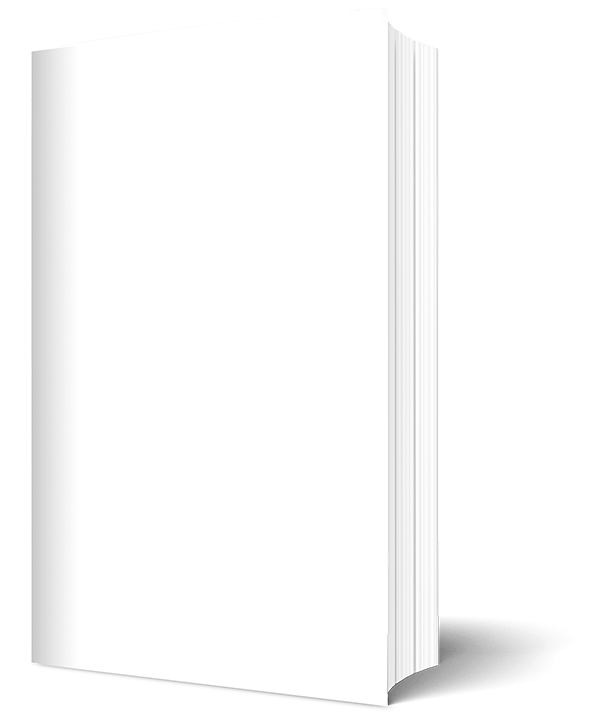Werke, Band 5: »Ich«
“Cambert”, a writer and Stasi informer, is tasked with shadowing a mysterious author, suspected of “hostile” intentions. However, since the author never makes an attempt to publish his texts, the suspicion is difficult to verify. “Cambert’s” doubts about the necessity of his task, which forces him into uncanny expeditions through underground vaults in Berlin, grow as he becomes unsure whether the Ministry for State Security actuallyhas any interest in his reports. He is increasingly plagued by the idea that he is not even being taken seriously as an individual. In the stuffy room he sub-lets from Frau Falbe, who refuses to even make him coffee, his fiction and his Stasi report become so blurred that he is hardly able to write anything. Deep down, he fears that the real beneath the guise of "Cambert" may have long since vanished. Hilbig takes the complexity of power and the human spirit as his subject, exploring them through the example of a writer who has become a Stasi informer.
UK, Seagull Books London | Denmark, Tiderne Skifter | Turkey, Sel, Can | Spain, Losada | Japan, Koro Sha | Italy, Gaffi, Keller | Netherlands, Goossens | France, Gallimard | Croatia, Fraktura | Korea, Book World | Poland, Atut | Macedonia, Ars Lamina | Serbia, Radni Sto | Romania, Grupul
- Publisher: S. FISCHER
- Release: 23.08.2012
- 400 pages
- Author: Wolfgang Hilbig
- Edited by: [object Object], [object Object], [object Object]





